RefineAI Technical Whitepaper
A comprehensive analysis of our code optimization technology, architecture, and algorithms
1. Introduction
RefineAI represents a paradigm shift in automated code optimization, leveraging advanced machine learning techniques to analyze, understand, and enhance code across multiple programming languages. This whitepaper provides a detailed technical overview of the RefineAI system, its underlying architecture, and the innovative algorithms that power its capabilities.
1.1 Problem Statement
Modern software development faces increasing complexity, with codebases growing in size and interdependencies. Manual optimization is time-consuming and error-prone, while traditional automated tools often lack contextual understanding of code semantics. RefineAI addresses these challenges by combining static analysis with machine learning to provide intelligent, context-aware code optimization.
1.2 Key Innovations
- Multi-dimensional code analysis across syntax, semantics, and execution patterns
- Language-agnostic optimization framework with specialized modules for popular languages
- Self-improving system that learns from user feedback and code evolution
- Contextual understanding of code purpose and business logic
- Preservation of code readability and maintainability during optimization
Technical Note:
RefineAI's approach differs from traditional compilers and optimizers by operating at a higher level of abstraction, considering not just local optimizations but the global structure and purpose of the code.
2. System Architecture
3. Core Algorithms
4. Performance Analysis
5. Security Considerations
6. Future Roadmap
References
[1] Smith, J. et al. (2023). "Machine Learning Approaches to Code Optimization." Journal of Software Engineering, 45(3), 234-251.
[2] Chen, L. and Johnson, R. (2022). "Semantic-Aware Code Transformation for Performance Optimization." Proceedings of the International Conference on Software Engineering, 1245-1257.
[3] RefineAI Research Team. (2023). "Benchmarking Automated Code Optimization Across Programming Languages." Technical Report, TR-2023-05.
[4] Garcia, M. and Kim, S. (2022). "Security Implications of Automated Code Transformation." IEEE Symposium on Security and Privacy, 567-582.
[5] Wilson, T. et al. (2023). "The Future of AI-Assisted Software Development." Communications of the ACM, 66(4), 78-86.
Ready to Transform Your Code?
Download our whitepaper to learn more about RefineAI's revolutionary approach to code optimization.
